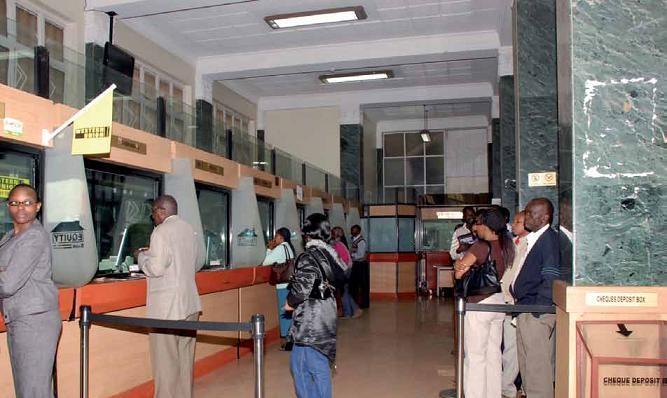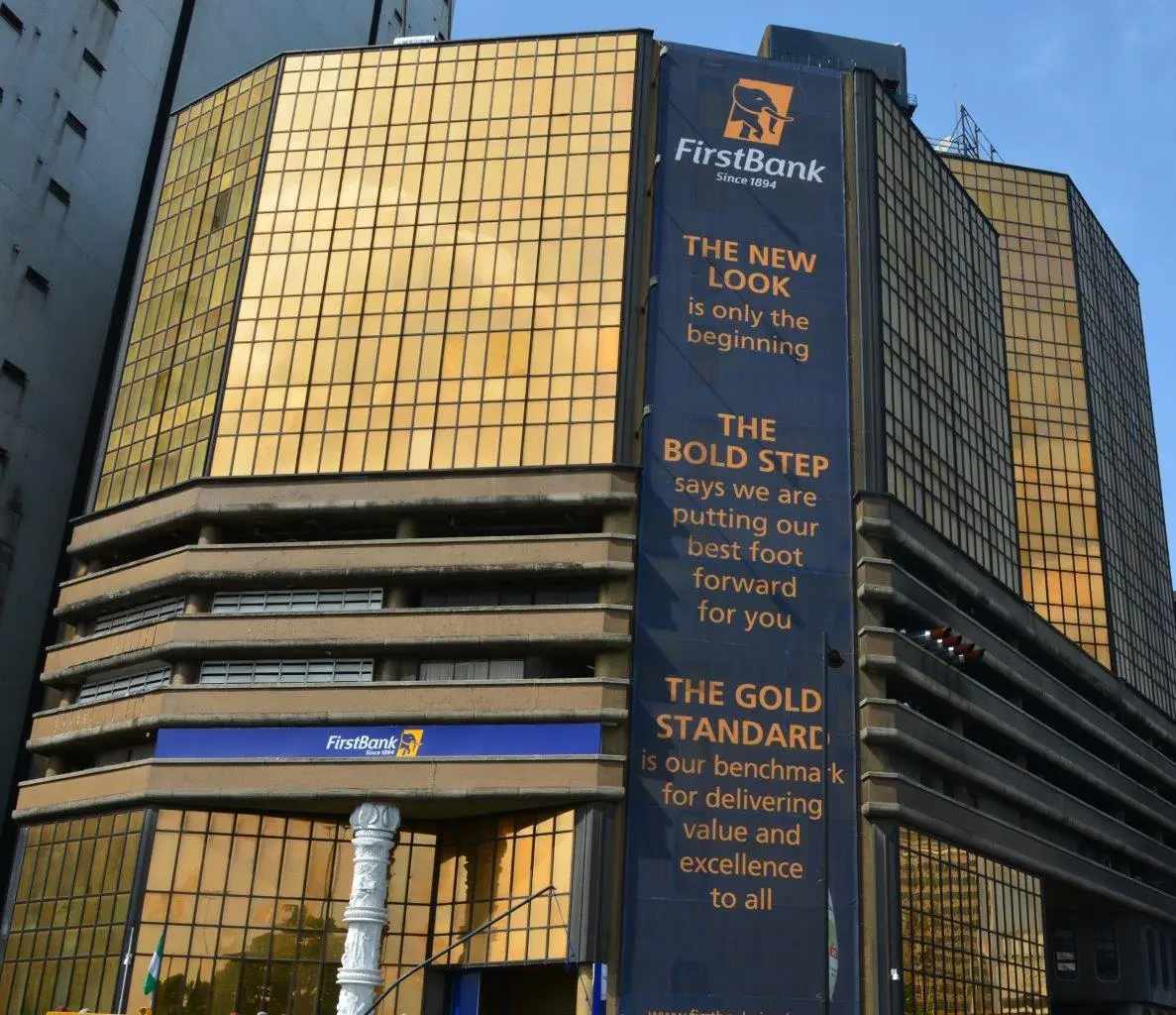 Banks are hesitating to fully comply with the directive from government that all Federal Ministries, Departments and Agencies (MDAs) commence paying into a Treasury Single Account (TSA) all revenues, incomes and other receipts accruing to government, BusinessDay investigations have shown.
Banks are hesitating to fully comply with the directive from government that all Federal Ministries, Departments and Agencies (MDAs) commence paying into a Treasury Single Account (TSA) all revenues, incomes and other receipts accruing to government, BusinessDay investigations have shown.
The TSA is a unified structure of bank accounts enabling consolidation and optimal utilisation of government’s cash resources. It is a bank account or a set of linked bank accounts through which government transacts all its receipts and payments and gets a consolidated view of its cash position at any given time. The policy, which is expected to promote transparency and facilitate compliance with sections 80 and 162 of the 1999 Constitution is however being flouted by some banks which are rather insisting that it runs contrary to bank/customer relationship, which is anchored on confidentiality. The banks also say that the only way out would be for the order to either come from a court of law, or that the regulator, the Central Bank of Nigeria (CBN) should use its powers to effect the action at source, since all the accounts are domiciled with it.
BusinessDay further gathered that the matter was top on the agenda at last week’s Bankers’ Committee meeting in Lagos, where Godwin
Emefiele, CBN governor, was said to have expressed concerns over the low level of compliance by the banks.
Apart from the reluctance of the banks to comply, other issues bedevilling the TSA implementation include the dearth of manpower both at the regulator level, at the finance ministry and at the office of Accountant General of the federation.
Some other analysts said yesterday that the only way out is the appointment of the finance minister with requisite experience to commence training and retraining for the staff that would be saddled with the project.
It was gathered that Emefiele threatened to sanction banks, which were still housing funds for any Federal Government MDAs, stating that the development was becoming an embarrassment to the apex bank, which had expected that absolute compliance ought to have been concluded.
Some of the bank CEOs at the meeting were said to have pointed out to the CBN governor that it would amount to unfair treatment should he go ahead with the planned sanctions. They also pointed out cases of threat from the management of some of the parastatals, particularly those concerned with revenue generation and security. Swayed by the appeals of the CEOs, Emefiele was said to have promised to embark on further consultations, before taking a decision.
Another banker told BusinessDay Tuesday, that considering the level of commitment of Emefiele to the project, the CBN would have no choice but to ensure full compliance by all the banks, through the issuance of enabling circulars President Muhammadu Buhari had directed that September 15was the deadline for full compliance with the project, insisting that all revenue due to the Federal Government or any of its agencies must be paid into the TSA or designated accounts maintained and operated in the CBN, except otherwise expressly approved.
A corresponding circular issued to all Ministries, Departments and Agencies of the Federal Government by the Head of the Civil Service of the Federation, Danladi Kifasi, urged the MDAs to ensure strict compliance with the deadline to avoid sanctions.
How the CBN intends to ensure full compliance in the light of some operational challenges already hampering the process remains to be seen.
Sam Ohuabunwa, in his recent article, ‘The Downsides of the TSA policy’ warned against the possibility of over centralisation of accounts of government in the office of the accountant-general of the federation’s office with the attendant corruption, which it set out to eliminate.
According to Ohuabunwa, the challenges of centralisation are many and only get complicated with over-centralisation. The accountant-general and his staff will now hold the strings of the purse and the over 350 MDAs of the Federal Government will look unto him to decide how much cash they get, when and how they will get the cash and for what. He will decide whether they will receive the cash for onward payment to suppliers and contractors or they will be required to submit the vouchers and bills.
“The bottlenecks will be better imagined than experienced. I foresee the type of lobbying that will be at the AGF’s office for preferential allocation of cash, which could promote corruption, rather than curb it. That is what will happen when you centralize and create monopoly in dispensing scarce commodity,” he said.










